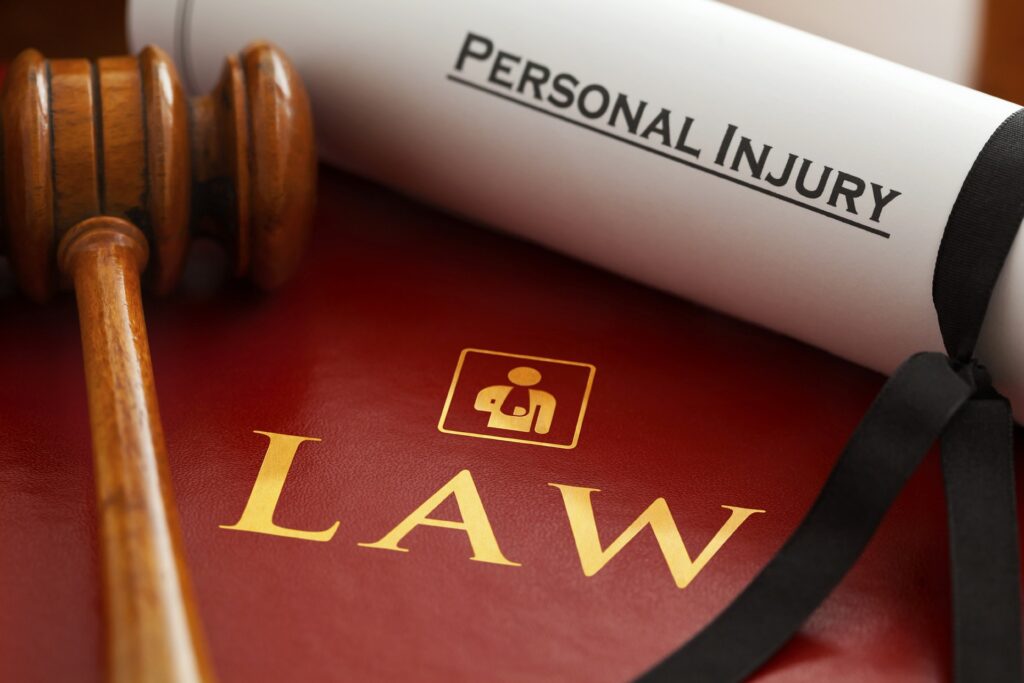
If you hire a personal injury attorney, you must be prepared for a lot. You need to know what to expect from the interview process, the documentation you should bring, and the filing process. The lawyer will also get medical records and bills pertaining to the accident or condition you’re pursuing. It is also important to be aware of what to expect from personal injury attorneys.
Filing A Lawsuit
Filing a lawsuit for a personal injury involves filing a complaint with the court. The complaint states the facts of the case and the legal theories used to support the plaintiff’s claim. The complaint is crucial to the lawsuit’s success, as it sets the ball rolling. A plaintiff must file the complaint within a certain period to avoid losing their case.
Injury attorney is important to help you navigate when filing a lawsuit for personal injury as it is a complex process. The first step is to determine who is at fault in the incident. If the defendant were at fault, a lawsuit would be filed against them. Once this has been done, the defendant’s insurance company will be involved in the legal proceedings.
After filing the complaint, the defendant must respond to it. In many jurisdictions, this means filing a summons. The summons identifies the parties to the lawsuit and notifies the defendant that they are being sued. It usually contains a court seal and a court representative’s signature.
Filing a lawsuit with an attorney can help you recover compensation for the costs you incur. The claims process can be effective in recovering compensation for relatively minor injuries. However, when severe injuries cause great financial stress, filing a lawsuit with an attorney may be the only option. A lawsuit can even result in permanent disability. Fortunately, most personal injury lawsuits are settled before trial.
Interviewing With A Personal Injury Attorney
When interviewing a potential personal injury attorney, it’s essential to learn about the qualifications and experience of each candidate. You can learn more about the law and personal injury cases by asking the candidate a few specific questions about their experience. You may also ask about their client base and what areas of personal injury law they specialize in.
It would help if you asked how often they update their clients on the case’s progress. It will reduce your stress levels if they can provide you with frequent updates. You can also look up testimonials and reviews online to help you make an informed decision. If you can, try to speak with some of their former clients.
Before you choose a lawyer, ask the lawyer about their background, education, and experience. These questions are important because they should be relevant to the lawyer assigned to your case. Also, be sure to find out if they are connected to expert witnesses or doctors in your area. You can also learn about their awards and leadership roles within their organizations.
The initial interview with a personal injury attorney involves gathering information about your case. The length of this interview will depend on the type of injury you’ve suffered and the case’s complexity.
Documentation To Bring
Medical records are a vital component of any personal injury case. Not only do they prove the extent of the injuries sustained, but they can also serve as a foundation for determining the statute of limitations. Therefore, it is important to bring current medical records and bills, including digital images. The attorney can also use this information to assess your case’s financial burden and potential value.
Other important documentation to bring to a personal injury attorney includes accident-related medical bills, accident reports, and police reports. You should also have insurance policy information, including your medical, disability, and veteran’s insurance. The more documents you have, the better your case will be.
Your medical records will be an essential part of your case. You are having copies of all of these records on hand will speed up the process. It will also help your attorney understand the full extent of your injuries and medical conditions. It may surprise you to learn how many records your attorney will need. Even if you feel okay after an accident, you may need further medical treatment.